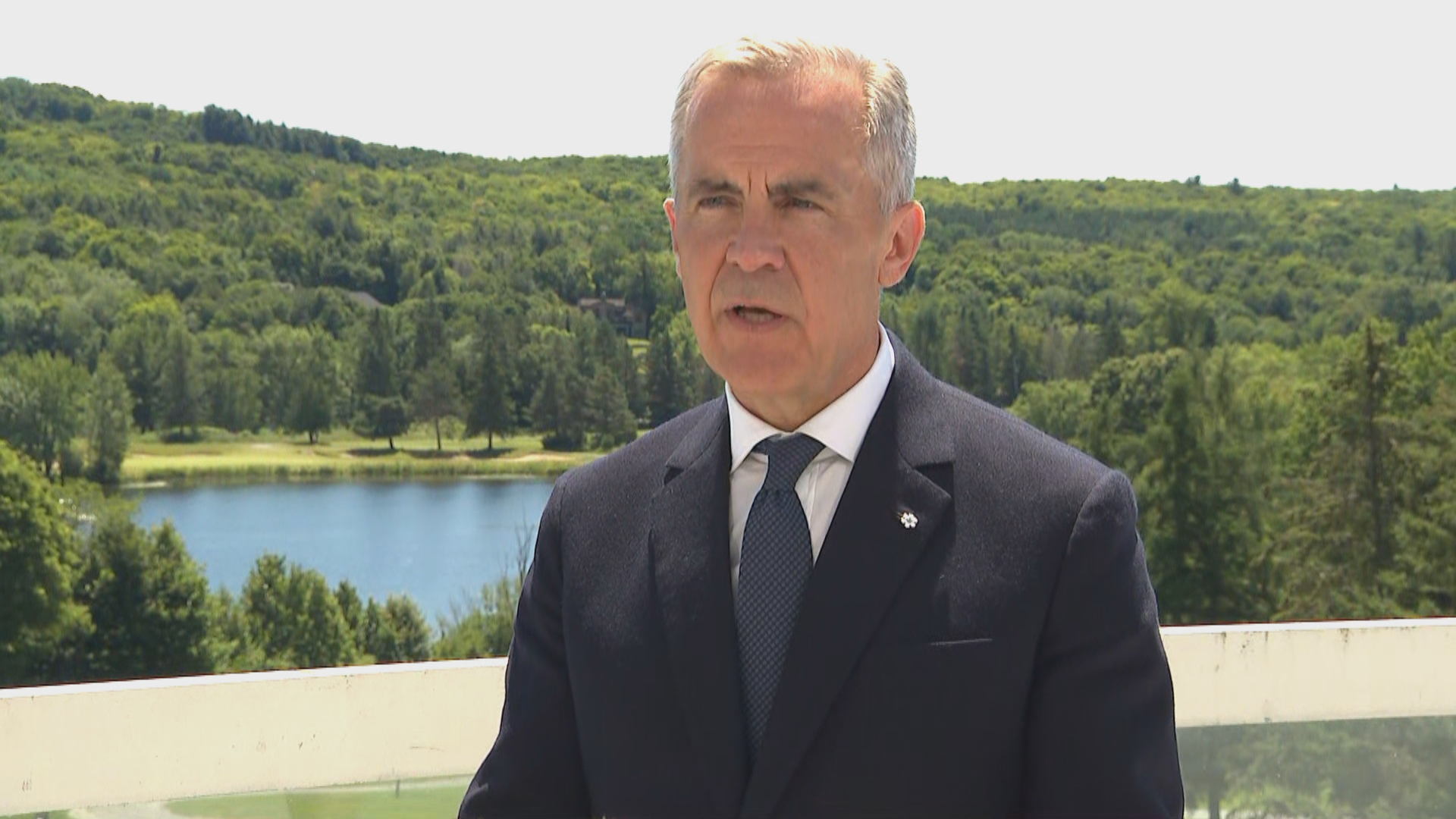Firms expect more but slowing price and wage increases: BoC survey
OTTAWA – Businesses continue to anticipate larger-than-normal wage and price increases, but those expectations are shifting closer to what they were before the pandemic, a new study from the Bank of Canada suggests.
In its business outlook survey released Friday, the central bank said that companies expected slower wage growth on balance for the next year for the first time since the start of the pandemic.
On balance, companies also expected their input and output prices to grow more slowly over the next 12 months.
“While companies still view cost pressures and labor shortages as key concerns, they have been mentioned less and less over the past year,” the report said.
“In contrast, slowing demand has become a more significant and widespread problem in recent quarters.”
Overall, the business outlook indicator pointed to negative sentiment as companies continued to expect their revenue growth to be weak in the year ahead, with one in five companies expecting an outright decline in revenue.
However, the survey for the second quarter showed that fewer companies expected an outright recession: a third are planning a recession, compared to half in the first quarter.
Meanwhile, Canada’s central bank consumer expectations survey also suggested that consumer inflation expectations for the next one and two years have fallen, but remain well above pre-pandemic levels.
“Expectations for the price increase of some commodities, such as food, gasoline and cars, have declined from their peak,” the consumer report said.
“This may reflect the fact that fewer people now think supply chain issues are the main cause of high inflation. Consumers also report noticing promotional sales more often, particularly for groceries, after seeing very few in recent quarters.”
TD Bank economist Maria Solovieva said the surveys showed companies are still cautious given high interest rates and expect future sales to continue to decline.
“General investment intentions continued to decline,” Solovieva wrote in a report.
“Meanwhile, consumers are somewhat more confident about the outlook for the economy due to easing inflationary pressures, strong labor market sentiment and expectations of lower interest rates.”
The Bank of Canada raised its key interest rate target to 4.75 percent in its latest rate decision, its ongoing battle to bring inflation back to its two percent target.
The central bank has said that the longer inflation remains well above its target, the more likely it is to contribute to inflation expectations, and the greater the risk of inflation becoming self-fulfilling.
Statistics Canada reported earlier this week that annual inflation for May was 3.4 percent, the lowest level since June 2021 and down from April’s 4.4 percent.
The consumer survey suggested that cost of living was the biggest concern for Canadians, with most mortgage holders expecting their payments to rise when it comes time to renew.
“Most mortgage holders are confident they will be able to make these higher payments, although this will further limit their discretionary spending,” the report said.
However, the percentage of Canadian consumers surveyed in the second quarter who think a recession is likely was 50 percent, up from 58 percent in the first quarter.
The Bank of Canada report came as Statistics Canada reported Friday that real domestic product was essentially unchanged in April after gaining 0.1 percent in March. However, the bureau’s preliminary estimate for May pointed to a 0.4 percent gain for the month.
The next central bank interest rate decision is scheduled for July 12.
This report from The Canadian Press was first published on June 30, 2023.

;Resize=620)

;Resize=620)
;Resize=620)